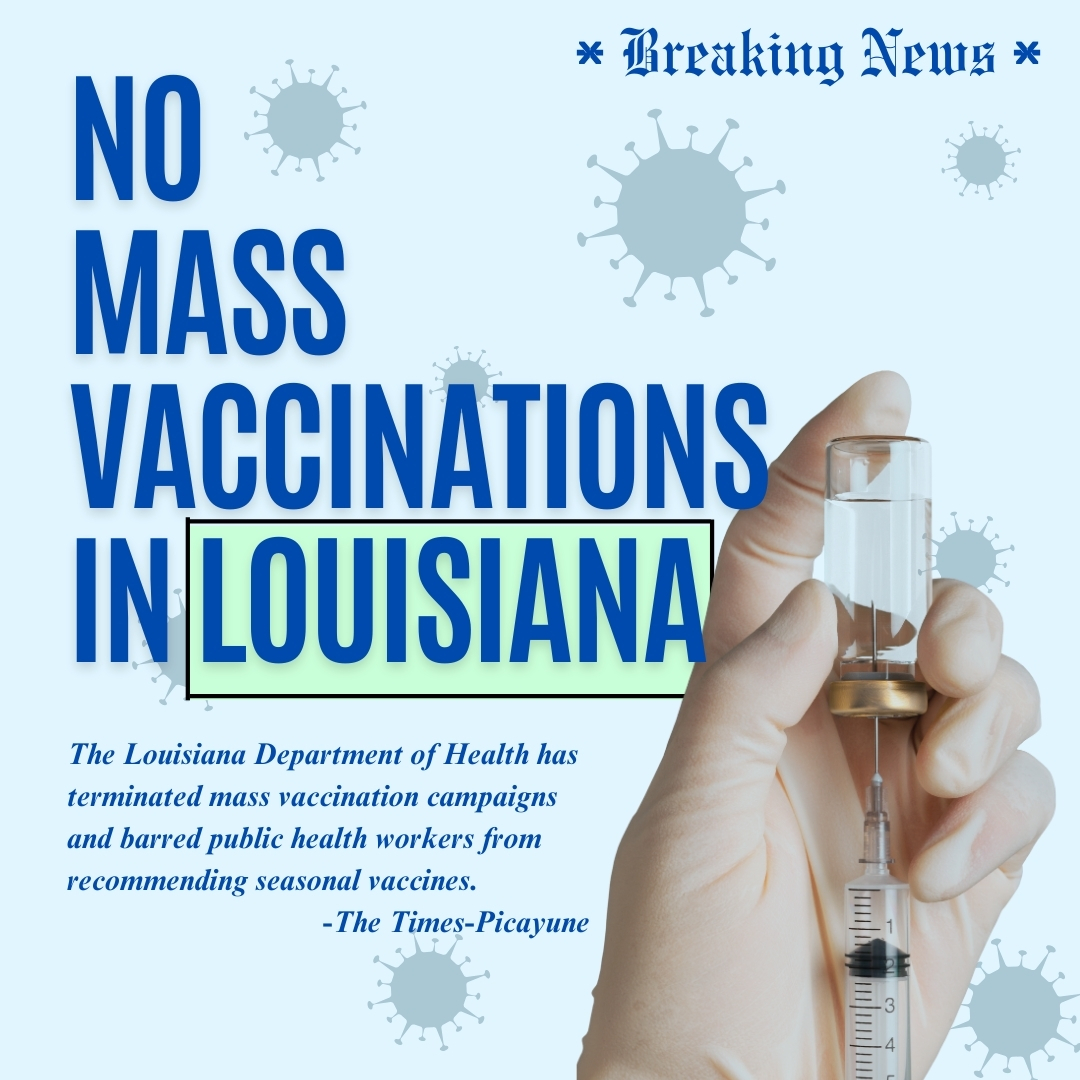A Trojan Condoms survey ranking ULM as No. 137 of 140 in sexual health resources spurred uncertainty about the communication between the company and the university.
Yolanda Camper, nurse practitioner at the ULM Health Clinic, said she does not know where Trojan gets its information from because the company has not called her.
However, the company said it has attempted to contact the clinic multiple times for information for the survey.
“We’ve reached out several times to the ULM Student Health Clinic. For the last few years, our office hasn’t received a response,” said senior researcher of Trojan Condoms, Bert Sperling.
Sperling also said the company has tried faxing, calling and even mailing the annual survey. He has not received a response since the clinic switched to Affinity in 2013.
Camper said she has not received the survey recently.
“Maybe they need to send it to the right person,” Camper said.
Camper has worked at ULM’s clinic since 2005 and recalls filling out Trojan’s surveys in the past, but said she has not received any in the “last several years.” Camper has not changed her position at the clinic since she began working there.
Sperling said the company has not seen any information regarding sexual health on the clinic’s website.
ULM didn’t decline in sexual health ratings because of an increase in sexually transmitted diseases (STDs) or sexual health risks but from the lack of information available to students, according to the survey.
Camper said she doesn’t know what the clinic’s Affinity webpage looks like but would be willing to put up a webpage with sexual health information if needed.
Camper said ULM has ranked low for several years despite having four or five workshops each year, offering educational opportunities and posting signs around campus about sexual health.
The campus clinic also offers free HIV testing and $10 STD testing conducted through the state. According to Camper, the clinic does an average of 75 to 100 tests per month.
The miscommunication has caused ULM to drop six spots since 2013. The sexual health ratings show this university has dropped to No.137 on the annual Trojan Sexual Health Report Card.
According to Camper, contact information including the fax number remained the same after the switch to Affinity.
Camper said there are “so many different people who handle different things at Affinity.”
“We have a person who handles all communicable diseases for every clinic that we have. That’s her job and of course STDs are one of those. But I’m sure he hasn’t talked to her,” Camper said.
According to Camper, Trojan used to call her about the possibility of using the company’s services for an on-campus program, but she said that is beyond her scope as a nurse practitioner.








